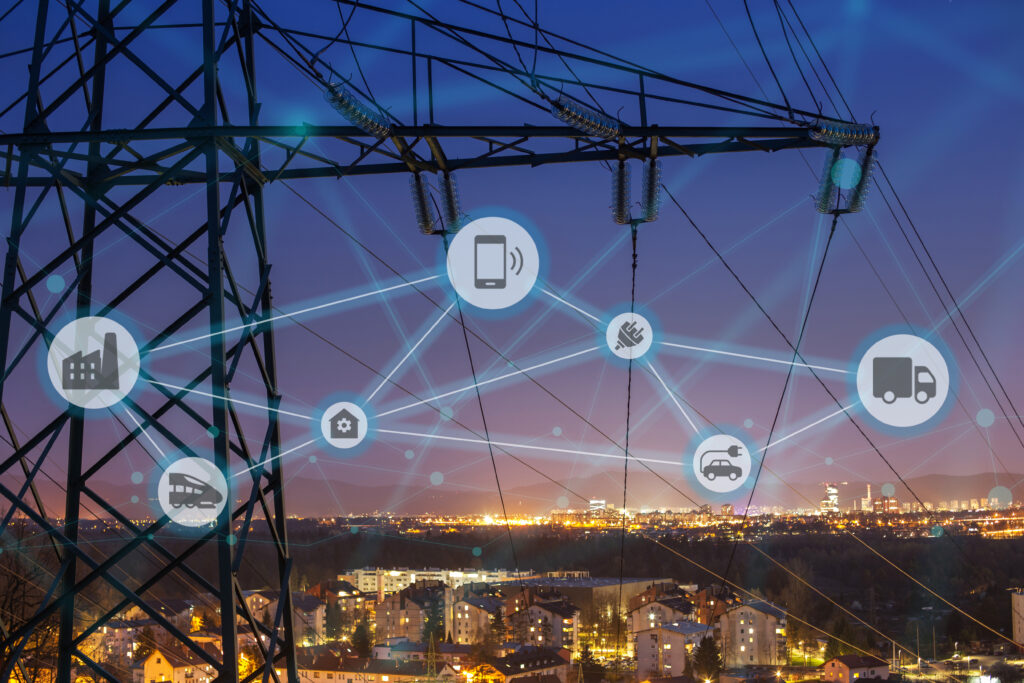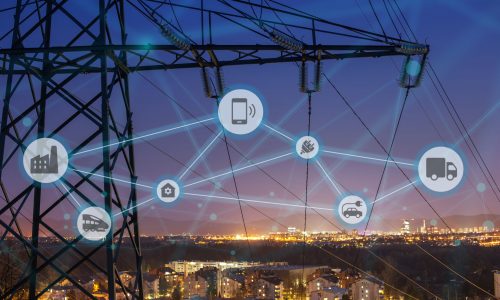As technology advances, the energy sector is evolving rapidly. One
of the most important developments in this field are smart grids that allow for efficient, reliable and sustainable energy management.
What are smart grids?
Smart grids are modern systems that use information technology, telecommunications and automation to monitor, manage and optimize electricity distribution. They enable bi-directional energy flow and remote control and monitoring to dynamically adapt to changing conditions.
Benefits of smart grids
Smart grids offer many benefits for consumers, grid operators and society as a whole. First and foremost, they enable better use of available energy resources by optimizing distribution and utilizing renewable energy sources. With the ability to flow energy bi-directionally, consumers have the ability to both take energy from the grid and return surplus energy to the grid, thereby improving energy efficiency.
Application of new technologies in smart grids
Smart grids rely on advanced technologies such as monitoring and control systems, sensors, smart meters, energy management systems and advanced data analysis algorithms. The collection, processing and analysis of this data allows for better understanding and control of the power system.
Smart power grids and sustainable development
In the context of the drive for sustainable development and the reduction of greenhouse gas emissions, smart grids play a key role. With the ability to efficiently integrate renewable energy sources such as solar and wind power, smart grids make it possible to increase the share of renewable energy in the overall power system. In addition, advanced data analysis algorithms make it possible to optimize the use of energy resources, leading to a reduction in energy losses and efficient use of existing infrastructure.
Smart power grids contribute to the reliability and security of energy supply. With the ability to monitor in real time and quickly detect failures, it is possible to respond immediately and minimize disruptions to the energy supply. In addition, smart energy management systems enable flexible load distribution and remote control of the grid, which contributes to a better balance in the power system.
Challenges of smart grid deployment
While smart grids offer many benefits, their implementation also comes with some challenges. It is necessary to invest in telecommunications infrastructure and IT systems that will enable real-time data transmission and analysis. Adequate cyber security mechanisms are needed to protect power grids from hacking attacks.
The prospects for smart grid development are promising. Advances in technologies such as artificial intelligence, blockchain and the Internet of Things (IoT) are opening up new opportunities for energy management. Smart grids are a key element in the transformation of the energy sector toward a more sustainable and efficient future.





